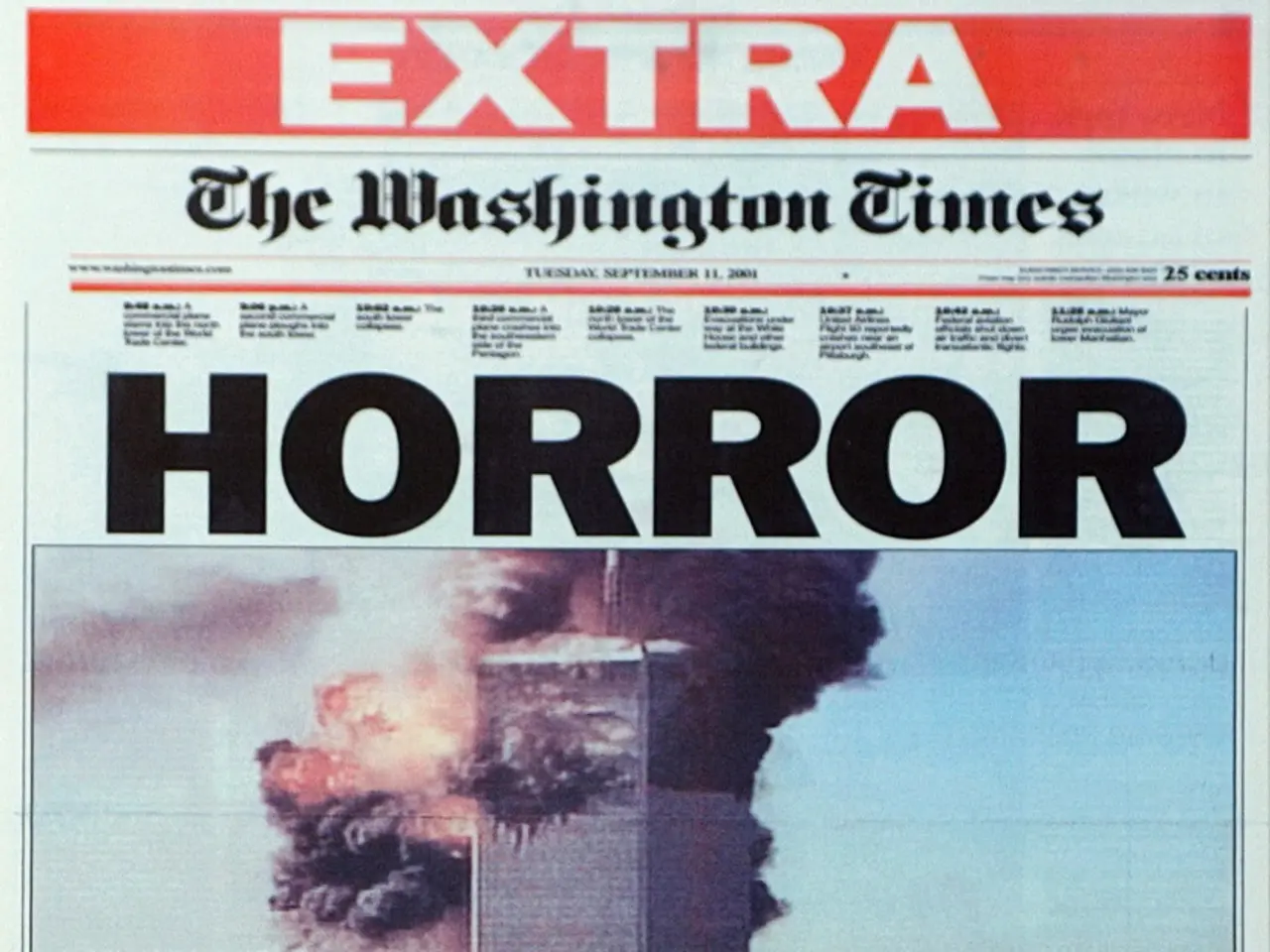Legislation Governing Press Freedom Comes into Effect Across the EU
The European Press Freedom Act (EPFA), also known informally as the Media Freedom Act, is currently being rolled out across EU member states, including Italy and Hungary. The Act, which was first implemented on 8 November 2024 and is set to be fully enacted by 8 August 2025, aims to ensure journalist safety, media regulator independence, transparency of media ownership, and fairness in state advertising.
However, according to a European Commission report from July 2025, while positive steps have been taken in many EU states, further action is needed to solidify these reforms and address ongoing concerns, such as threats to journalists and politicisation of media regulators.
Italy is among the EU countries progressing with reforms, but the specifics are limited in the recent reporting. Hungary, an EU member, has been under scrutiny for past issues with media pluralism, regulator independence, and state influence over media. However, the latest formal updates do not explicitly detail Hungary's current EPFA compliance status.
The EPFA includes measures to prevent big tech companies like Facebook, X, or Instagram from arbitrarily restricting or removing content from independent media. It also prohibits authorities from pressuring journalists and editors to reveal their sources and requires communication media to report on the funds they receive from state advertising, even if these funds come from third countries.
One of the recent controversies surrounding the EPFA is the Paragon case, which involves an Israeli software program used to spy on 90 journalists and activists in several countries.
In Italy, the government of Giorgia Meloni is yet to fully implement the EPFA due to pending issues like the RAI reform and the Paragon case. The opposition in Italy has criticized the RAI reform proposal as a "handbook for political occupation" of the public function. The Italian government plans to present the RAI reform proposal to the Senate between September and October.
The new proposal entrusts the appointment of RAI council members to the Chambers of Parliament with a quorum that requires an absolute majority in the third vote. Media will be notified when a platform intends to remove or restrict their content and will have 24 hours to respond.
The implications of the EPFA may also attract international reactions, given the involvement of big tech companies, including those with ties to Donald Trump. The European Union's actions regarding the EPFA may not be welcomed by Donald Trump.
The EPFA severely limits the use of spy software and requires all communication media to publish information about their owners. It's important to note that no direct, detailed data about Hungary and Italy’s precise EPFA implementation status was found, indicating a need to consult national or EU enforcement reports for definitive information.
The EPFA, with its focus on press freedom and media transparency, is a significant step towards ensuring a free and fair media landscape across the EU. However, the challenges in its implementation, particularly in countries like Hungary and Italy, highlight the need for continued vigilance and action.
- The European Press Freedom Act (EPFA) requires independent media to be informed if a platform intends to remove or restrict their content, providing Italy with guidelines for addressing the ongoing RAI reform and the Paragon case.
- In addition to ensuring fairness in state advertising, the EPFA also prohibits authorities from pressuring journalists and editors to reveal their sources, raising international concerns as the ongoing implementation in Hungary and Italy requires further scrutiny and action.






